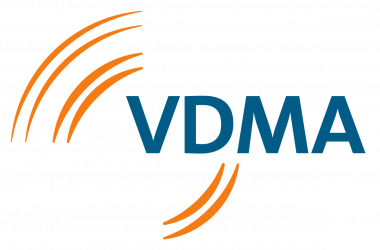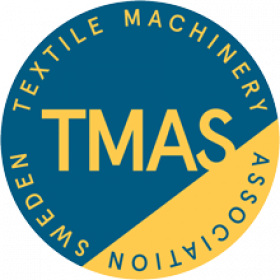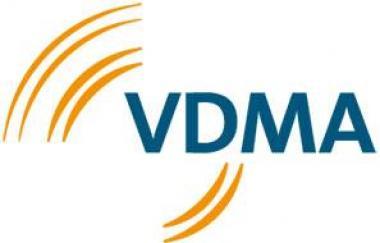VDMA @ ITMA ASIA: Smart technologies for green textile production
At ITMA ASIA + CITME end of November in Shanghai, 40 VDMA members will present their technologies and solutions for the Chinese and Asian markets under the heading "smart technologies for green textile production". This year’s ITMA ASIA is the first major post-Corona textile machinery fair in China.
The exhibiting VDMA members cover nearly all different machinery chapters with a focus on spinning and manmade fibers, nonwovens, weaving, braiding, knitting & hosiery, finishing & dyeing and textile processing.
The VDMA Textile Machinery Association and VDMA China will be present in the industry hub in Hall 8 zone B to support the members before and during the fair. The industry hub is also contact point for visitors who want to inform themselves about the exhibiting VDMA members.
VDMA e. V.
Textile Machinery























